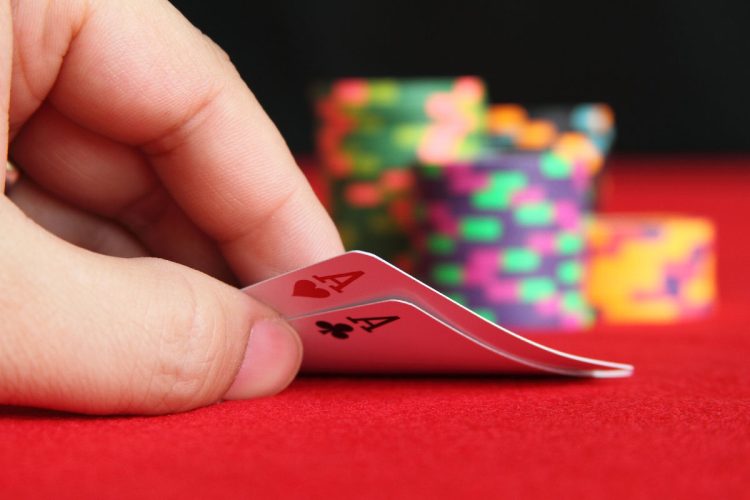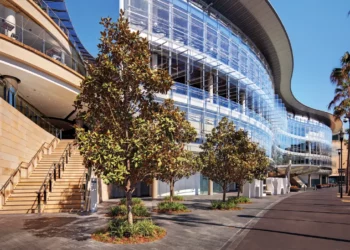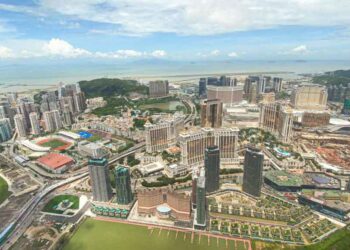In the February issue of Inside Asian Gaming, David Green noted the absence of any legislation around sports betting among amendments to Macau’s gaming law currently being debated by the Legislative Assembly.
This suggests there will be no change to the status of legal sports betting in Macau, which under the current gaming law is not permitted in the SAR’s casinos because it is classified as a “game of chance offered to the public.” Under this current law, games classified as “games of chance offered to the public” such as sports betting, bingo, lucky draws and lotteries differ from those more simply called “games of chance” – such as traditional casino games like baccarat or blackjack – due to the latter being permitted inside casinos.
Ironically, while the Macau government revealed last June that the license held by Macau’s sole sports betting provider, Macau SLOT Co Ltd, would no longer be exclusive, the absence of amended sports betting legislation for casinos makes it highly unlikely that any new sportsbook operators will enter the Macau market.
This, notes Green, represents a missed opportunity to diversify Macau’s gaming offering. But it’s not the only missed opportunity.
Poker, once a popular pursuit in Macau, has gradually disappeared from all of the city’s casino floors in recent times – a victim of the government’s strict table cap. Although the table cap, which will for the first time be officially recognized under Macau’s amended gaming law, is designed to maintain control over the growth of the industry, from an operator’s perspective it also places a premium on eking out maximum value from each table allowed within a property. This means higher yielding games like baccarat and blackjack will always win out over poker.
Yet there are a number of strong arguments for not counting poker tables under Macau’s table cap. The most obvious of these is that poker is not a traditional casino game, in that players do not play against the house and there is no such thing as house edge. Casinos charge “rake” on each hand played, and in some cases an hourly time charge (or in the case of tournaments a one-off registration fee), but the game itself pits player against player, rather than player against house. The operator has neither any direct say nor any vested interest in the outcome of any hands or tournaments played.
What poker does do is fulfil many of the government’s desired tourism outcomes by attracting a more diverse array of visitors from across the globe. One needs only look at the last running of the Macau Millions, held in the PokerStars Live room at City of Dreams in 2018, to see the evidence of this: the Macau Millions Main Event alone attracted 2,499 players from as far afield as the United States, Australia, Germany, India, Ireland, Russia, Malaysia, England, France, Korea, Jamaica, Canada, Spain and Japan – all for just a single event!
Sadly, the PokerStars Live room closed soon after, one of a number of poker rooms across the city to fall victim to the table cap. Here, as with David Green’s sports betting example, perhaps it’s time for a rethink.
Ben Blaschke
Managing Editor
We crave your feedback, please email your comments to bb@staging.asgam.com.





























